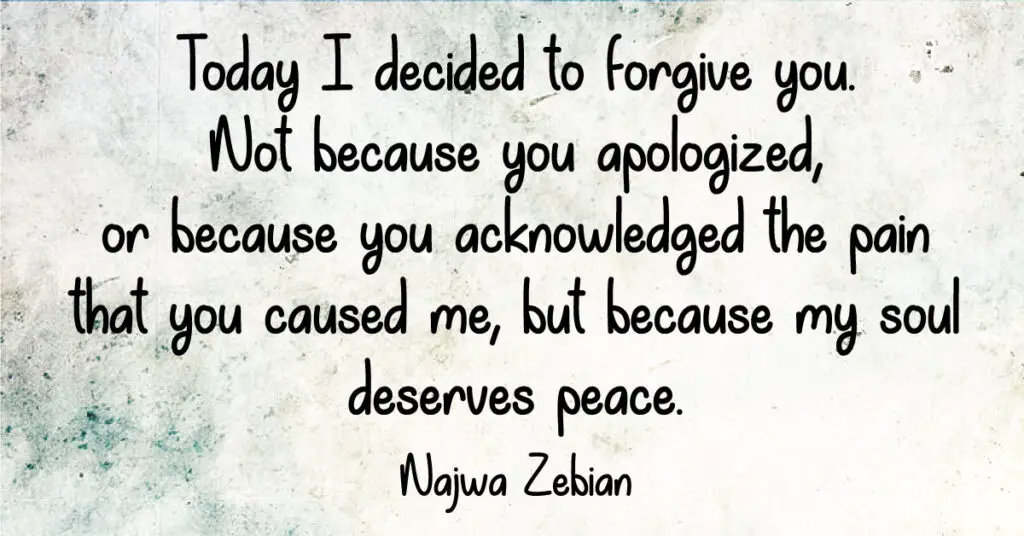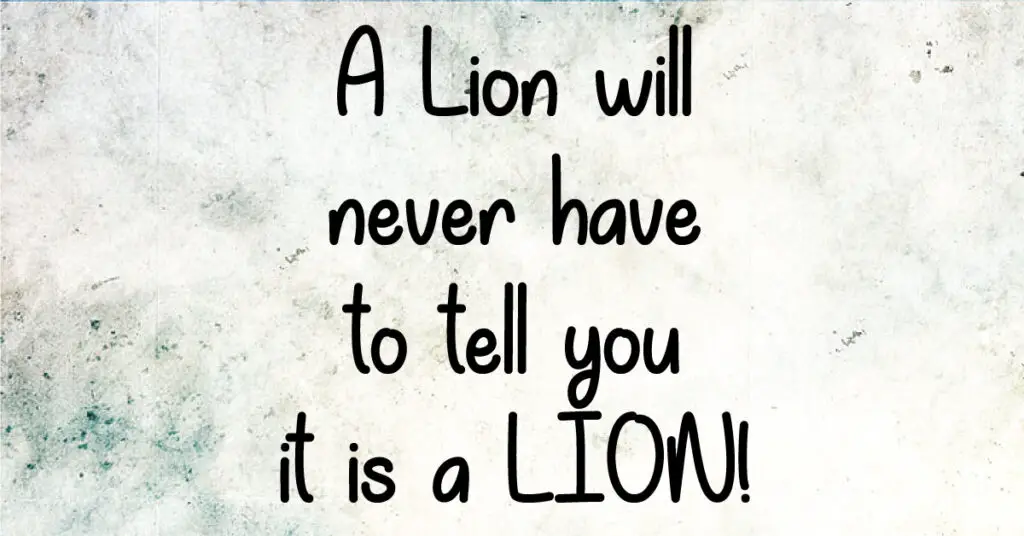When I embarked on the journey to uncover the traits people find most unappealing in a partner, it was important to clarify that this exploration was not about physical attributes. There is no room for such negativity here or anywhere else, and honestly, those are not the aspects that come to mind when we recall moments when someone we were attracted to suddenly lost their appeal.
This piece is aimed to enlighten, not criticize, by detailing the attributes both men and women find least attractive. This understanding may help us recognize the traits we possess that might not be well-received by our partners or potential partners. These very qualities may be hindering us from experiencing genuine love or companionship.
What astonished me after soliciting feedback on this topic was the overwhelming response from women compared to men. These women were eager to voice their views on the undesirable characteristics they’ve encountered!
Upon reviewing all the responses, ranging from lack of empathy to narcissism, I found that the unattractive traits people shared could be applied to anyone, irrespective of their gender.
Here are the personality traits that were deemed most unappealing:
Lack of compassion
Empathy, the ability to understand and share the feelings of others, is a cornerstone of any healthy relationship. When a partner lacks this trait, it can be a significant turn-off. It means they may struggle to connect with your emotions or validate your experiences, leading to feelings of isolation or misunderstanding.
An empathetic partner, on the other hand, can offer comfort in times of distress, celebrate with you in moments of joy, and generally make you feel seen and understood. Thus, the absence of empathy can significantly diminish the emotional depth and connection in a relationship.
Too much drama
Constant conflict or drama in a relationship can be extremely draining and detrimental to one’s emotional well-being. When a partner perpetually creates or participates in unnecessary disputes, it can foster a tense, hostile environment that’s far from the nurturing, supportive atmosphere a healthy relationship should provide.
This persistent state of turmoil can lead to feelings of anxiety, exhaustion, and even resentment over time. It robs the relationship of peace and stability, making it more of a battlefield than a safe haven of love and understanding.
Shallow interests
A partner with shallow interests or lacking passion can often come across as unappealing. This is because depth in interests and passions often translates into a sense of curiosity, enthusiasm, and engagement with life, which are attractive qualities. It adds richness to conversations and shared experiences, fostering a deeper connection between partners.
When someone lacks this depth, their world can seem one-dimensional, making interactions with them less stimulating or fulfilling. This lack of substance can hinder the growth of a relationship, making it feel stagnant or uninteresting over time.
Game-playing
Manipulative behavior and mind games are highly unattractive. These actions erode trust and create an environment of uncertainty and insecurity. A relationship should be built on honesty, respect, and open communication, not strategies designed to control or deceive.
Manipulative tactics can cause emotional distress, confusion, and can even lead to a toxic relationship. A partner who engages in such behavior shows a lack of regard for the other’s feelings and well-being, which is fundamentally contrary to the essence of a loving, supportive partnership.
Insecurities
While it’s normal for everyone to have their insecurities, dealing with a partner who has excessive insecurity can put a significant strain on a relationship. This is because excessive insecurity can lead to the constant need for reassurance, jealousy, controlling behavior, or even self-sabotage in fear of rejection.
It can create an atmosphere of tension and unease, making the relationship feel more like a source of stress than comfort. A healthy relationship thrives on mutual trust, confidence, and emotional security, and excessive insecurity can undermine these essential foundations.
One-upping
Constantly trying to outdo your partner or others in a relationship can be perceived as competitive and unattractive. This behavior can create a sense of rivalry instead of a partnership, undermining the trust and mutual support that should characterize a healthy relationship.
It can lead to feelings of inadequacy in the other partner and foster resentment. A relationship should be a safe space where each person feels valued and appreciated for who they are, not a competitive arena where one constantly feels the need to prove their worth or superiority.
Pessimism
A partner who maintains a consistently negative outlook can be emotionally exhausting to be around. This pessimistic demeanor can cast a shadow over shared moments, turning potentially joyful experiences into ones filled with gloom and doom.
Constant negativity can also lead to a cycle of complaints, criticisms, and general dissatisfaction, which can drain the energy and enthusiasm out of the relationship. It’s like carrying a heavy emotional weight that can gradually wear down your resilience and positivity. In contrast, a balanced perspective that acknowledges both the ups and downs of life contribute to a healthier, more fulfilling partnership.
Unambitious
A lack of drive or goals in a person can often be perceived as a lack of direction or motivation. This can be unappealing as it might suggest a lack of ambition or an unwillingness to improve one’s self or situation.
It can also indicate a lack of passion or enthusiasm towards life, which can make interactions with such a person less stimulating or inspiring. Everyone has their pace in life, but having some form of drive or goal provides a sense of purpose and progress, which are often seen as attractive qualities in a partner.
Hostility
Being unfriendly or malicious can make it incredibly difficult to build a loving, healthy relationship. These negative behaviors create an environment of hostility and tension, making it hard to establish trust, mutual respect, and affection – the cornerstones of a strong relationship.
Unfriendly behavior can make a partner feel unvalued and unappreciated, while malicious actions can cause harm and distress. A relationship should be a source of support, warmth, and kindness, and these negative traits can undermine these fundamental aspects, making the relationship more of a battleground than a safe haven.
Filthy
Poor hygiene or a lack of cleanliness can be a major turn-off in any interpersonal relationship. It’s not just about appearance, but also about respect for oneself and others. Maintaining good hygiene and cleanliness is a basic sign of self-care, and neglecting it can imply disregard for personal health and the comfort of those around you.
Unpleasant odors, dirty clothes, or an untidy living environment can create an uncomfortable atmosphere, making it difficult for a relationship to flourish. Good hygiene and cleanliness, on the other hand, contribute to a healthier, more appealing, and respectful environment.
Jealousy
While a little jealousy might be normal and can even indicate a level of care and affection in a relationship, extreme jealousy can be destructive. It can lead to controlling behaviors, constant suspicion, and unnecessary conflict, creating a suffocating environment that strains the relationship.
Extreme jealousy often stems from insecurity and can erode trust, one of the foundational elements of a healthy relationship. Instead of fostering love and understanding, it breeds fear and resentment, thereby damaging the bond between partners. It’s crucial to manage and healthily communicate feelings of jealousy to maintain harmony in a relationship.
Aggressiveness, needy behavior, possessiveness, selfishness
These traits – constant competitiveness, a persistently negative outlook, lack of drive or goals, unfriendliness or maliciousness, poor hygiene, and extreme jealousy – can all be signs of a controlling or unhealthy relationship. They can breed an atmosphere of tension, mistrust, and discomfort.
Instead of promoting mutual growth, understanding, and respect, these behaviors can stifle communication, foster resentment, and inhibit personal and relational development. Recognizing these signs is the first step towards addressing issues and working towards a healthier, more balanced relationship.







